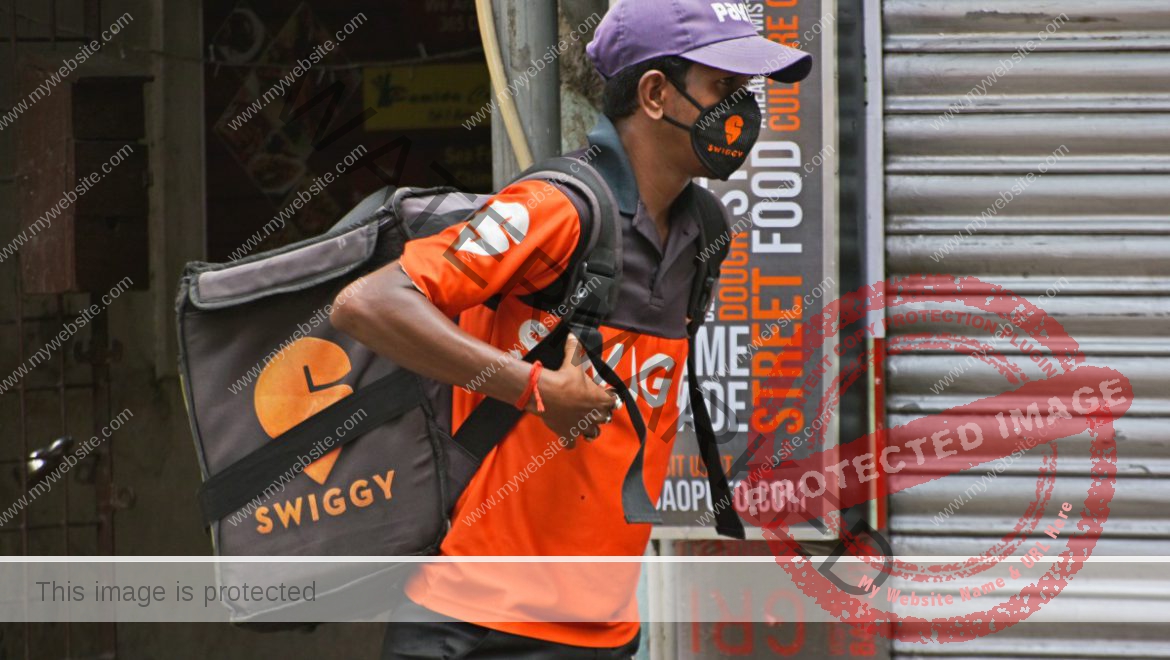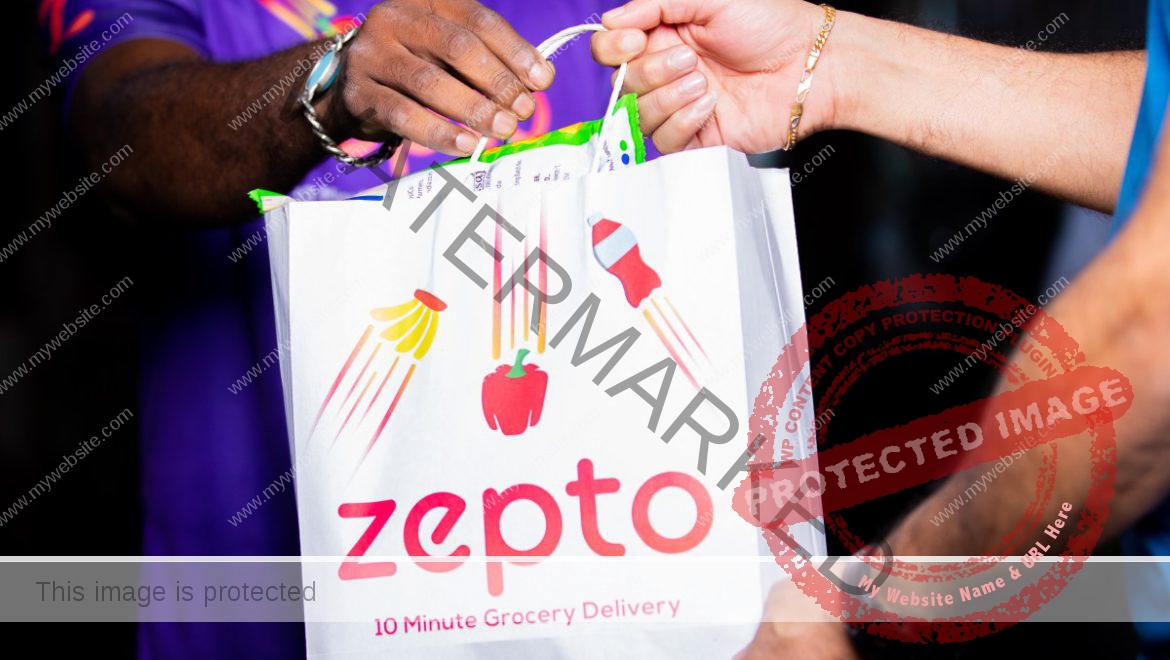Zomato's quick commerce unit Blinkit eclipses core food business in value, says Goldman Sachs | TechCrunch
Goldman Sachs said in a report late Thursday that Indian food delivery giant Zomato’s quick commerce arm Blinkit is now more valuable than its core food delivery business, as per the bank’s sum-of-the-parts analysis.
The investment bank estimates Blinkit’s implied value at 119 Indian rupees per share ($1.43) or about $13 billion, while Zomato’s food delivery business is valued at Rs 98 per share. Goldman previously pegged Blinkit’s valuation at $2 billion in March 2023.
Blinkit’s valuation surge is driven by its strong growth potential in India’s fast-growing quick commerce market. Goldman Sachs forecasts Blinkit’s gross order value (GOV) to grow at a compound annual growth rate (CAGR) of 53% between the financial years 2024 and 2027, outpacing the overall online grocery market’s projected CAGR of 38% during the same period.
Zomato acquired Blinkit for less than $600 million in 2022.
The investment bank believes that India’s quick commerce market is poised for growth due to several factors, including a large unorganized grocery sector, high population density in urban areas, and a favorable ratio of delivery costs to average order values. These dynamics have allowed Blinkit to offer competitive prices and fast delivery times, driving customer adoption.
Quick commerce, which boomed globally during the pandemic, has since cooled in many markets. India, however, continues to buck this trend. Unique factors such as a large unorganized retail sector and favorable demographics, coupled with attractive unit economics, is setting India apart, according to many analysts.
India is poised to leap from unorganized retail directly to quick commerce, potentially bypassing the modern retail phase seen in other countries, HSBC analysts wrote in a note this month. Quick commerce’s success lies in its ability to mimic the attributes of traditional kiranas (neighborhood stores), such as catering to small, frequent purchases and offering a wide range of SKUs. With Indian kitchens requiring regular top-ups and limited storage space, quick commerce’s proximity and expanding product range make it an attractive alternative to both kiranas and modern retail.
Goldman Sachs estimates that India’s addressable quick commerce market in the top 50 cities alone stands at $150 billion as of 2023. Despite the presence of well-capitalized competitors such as Swiggy and Zepto, the bank believes the market is large enough to accommodate up to five profitable players by the fiscal year 2030.
The report suggests that Blinkit is expected to achieve EBITDA breakeven by the June quarter of 2024 and generate a higher EBITDA margin than Zomato’s food delivery business by the fiscal year 2030.
The surge in Blinkit’s valuation will likely have implications for Zepto and Swiggy, which plans to make its public debut this year.
Swiggy, which operates the instant commerce platform Instamart, disclosed this week that it had received approval from its shareholders for an IPO, where it expects to raise about $1.25 billion. Swiggy was valued at $10.7 billion in its most recent private financing round in early 2022.
Zepto, backed by StepStone Group and Y Combinator Continuity, is also fiercely competing with the two firms for a slice of the Indian quick commerce market. The Mumbai-headquartered startup was recently on pace to achieve $1.2 billion in annual sales.










